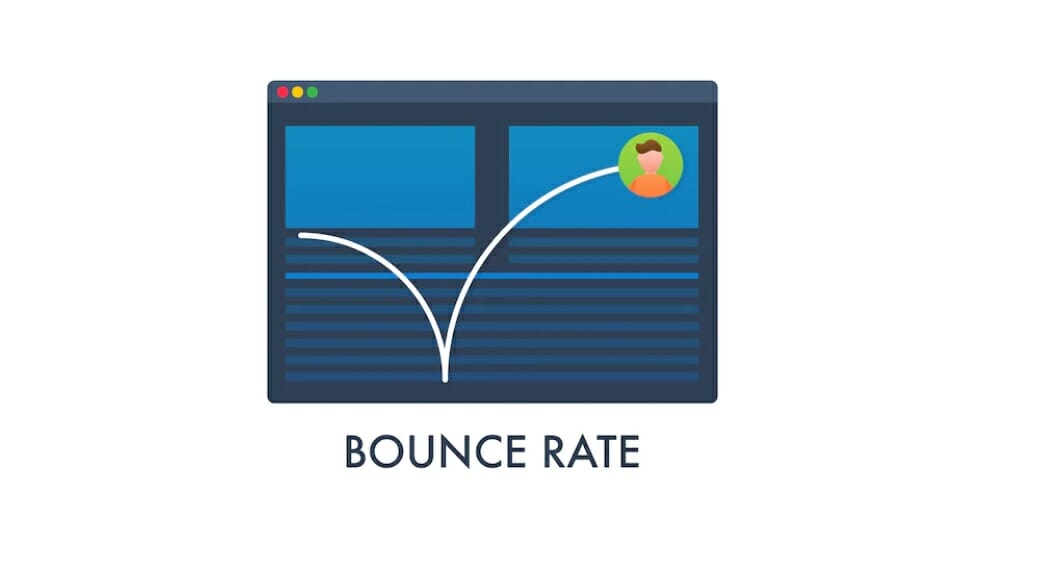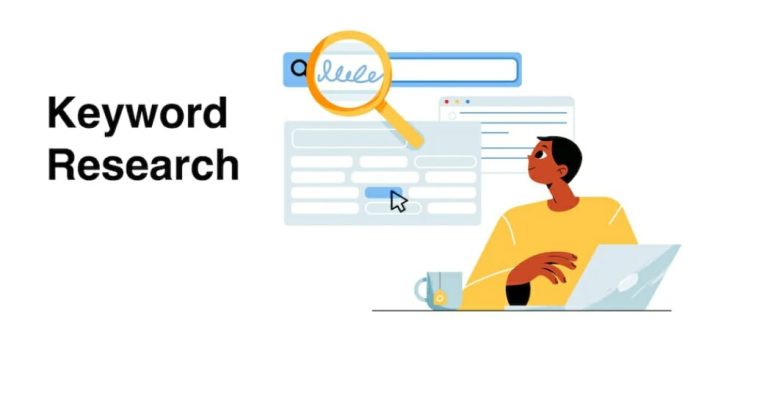What Is Bounce Rate? How Important Is Bounce Rate For SEO Ranking In 2022?
“Do I need to measure the bounce rate to know my webpage’s performance?” is a question numerous digital marketing experts have searched on Google at least once.
Unlike the others featured on the Google Analytics dashboard, the bounce rate is a contentious metric.
Because of its ambiguity, there is a long-standing debate over the relevance of bounce rates and their impact on search engine ranking.
The Debate On Bounce Rate’s Importance
According to some SEO experts, the bounce rate is highly contextual and should be more than solely relied upon to determine the rankings on Search Engine Results Pages (SERP).
On the other hand, some studies suggest that the bounce rate is essential to ranking at the top of the SERP.
Many optimize their pages to have a lower bounce rate to ensure higher rankings. However, having a lower bounce rate may not translate into a higher ranking on the search results.
Before discussing these factors, let us first clarify bounce rates.
What Does ‘ Bounce’ Mean?
Bounce means when a visitor enters a site and leaves it without any engagement with the website content.
That means these visitors do not check out the items on the page, avoid visiting other pages on the website, and refuse to fill out forms or make a purchase.
It is as if they are jumping off to another page.
Typically, a bounce occurs when a user accesses the links featured on the search engine results page, visits a specific webpage, and then leaves the site to return to the results page.
The user may also close the browser, read the entire page without clicking on any items, or follow an outbound link. All these could trigger bounces.
What Is The Bounce Rate?
The bounce rate is a user experience signal that measures the number of visitors leaving the site just after entering.
If the bounce rate of a page is 80%, it suggests that out of 100 visitors, 80 left without much engagement on the page.
Although, a bounce rate significantly differs from an exit rate.
It is possible to have a highly optimized, engaging page and still experience high bounce rates.
Why Is Bounce Rate Important?
The bounce rate can be an ambiguous concept. Nonetheless, it is a critical metric. Here’s why digital marketers and SEO experts prefer to measure bounce rate-
- Track conversions
A high bounce rate means customers did not make a purchase. It can help marketers to plug the gap and find the opportunity to increase conversion.
- For Google Ranking
Some studies have found that the bounce rate may determine a higher rank on the SERP. Therefore it can be utilized as a building block for further optimizing web pages.
- Understanding Content-Oriented Issues
Fluctuations in the bounce rate point towards issues with the website content, such as missing information, inadequate content, lack of original and people-friendly content, etc.
Copywriters and content strategists can have better insight into pouring quality and structure into content in the future.
- Keyword Intent
Keyword Intent suggests the users’ purpose for searching a particular topic. Bounce rate can provide valuable information to help with SEO optimization and assist the buyers’ journey.
Role Of Bounce Rate On Google Ranking
As mentioned before, how bounce rate impacts Google search ranking is fraught with mixed opinions.
On June 12, 2020, Google’s John Mueller stated, “I think there’s a bit of a misconception here that we’re looking at things like the analytics bounce rate when ranking websites, and that’s not the case.”
However, according to a Backlinko report, Google may use it occasionally despite the denial of using bounce rate as a dependable signal behind SERP rankings.
So the conclusion is that the bounce rate does not directly impact SERP rankings. But it is an essential indicator of the site’s overall performance.
Why Does Google Not Use Bounce Rate
Google’s indisposition to utilize bounce rate as a SERP component can be broken into four key reasons.
- Less Accuracy
Some websites, blogs, and service pages may contain information easily detectable on the page. So the user typically does not stay on the page for more than a few seconds.
The lack of accuracy compels Google to look to more reliable SERP ranking signals, like original and value-added content, backlinks, loading speed and security, etc.
- No impact of Analytics Data
Google Analytics data hardly impact the Google algorithms responsible for search results.
- The Porous Nature of Google Analytics
Google Analytics cannot eliminate manipulative behavior and filter out flawed data. Therefore, Google does not prefer using the analytics data to constitute the SERP rankings.
Despite Google officially not using bounce rate as a trustworthy signal for ranking, it is advisable to lower the bounce rate of websites to ensure more traffic and other ranking factors directly impacting rankings.
Reasons Behind High Bounce Rates
In case of high bounce rates, visitors leave the site before meaningfully engaging. As a result, little to no conversion occurs, and growth stagnates.
Usually, a high bounce rate can be attributed to multiple reasons, such as
- Failure of pages to load fast
- Subpar webpage designs
- Content and keywords do not match
- Inadequate mobile optimization
A high bounce rate indicates the page has multiple critical issues dragging down the website\’s performance and rankings.
Also read: Is SEO Relevant After Google’s Helpful Content Update? All You Need to Know
Importance Of A Lower Bounce Rate
Now let us discuss why lowering bounce rates is an acceptable idea to increase the site’s rankings organically.
- Optimization
Reduced bounce rate indicates the page fares well in multiple SEO optimization benchmarks, such as faster loading speed, quality content with organic keyword mapping, and proper mobile optimization for a better user experience.
- Reduce bouncing visitors
Visitors leaving the site without engagement are unfulfilled growth opportunities. Focusing on a lesser bouncing rate would ensure visitors get what they are looking for and complete their customer journey.
- Increase Engagement
Heavy inbound traffic is ultimately useless if visitors do not convert. Optimizing the bounce rate improves engagement and results in more conversions.
- Build a Loyal Customer Base
A low bouncing rate means the site can retain more visitors and keeps them hooked. It helps build more sales, brand awareness, and customer loyalty.





